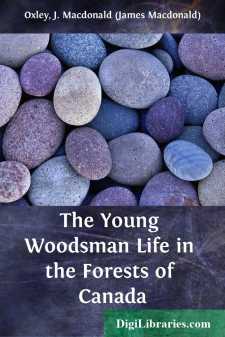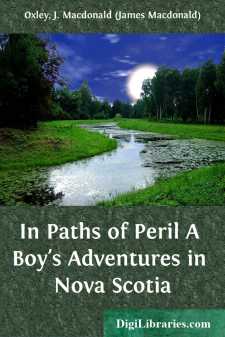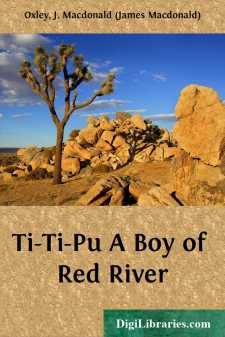Categories
- Antiques & Collectibles 13
- Architecture 36
- Art 48
- Bibles 22
- Biography & Autobiography 813
- Body, Mind & Spirit 142
- Business & Economics 28
- Children's Books 16
- Children's Fiction 13
- Computers 4
- Cooking 94
- Crafts & Hobbies 4
- Drama 346
- Education 46
- Family & Relationships 57
- Fiction 11829
- Games 19
- Gardening 17
- Health & Fitness 34
- History 1377
- House & Home 1
- Humor 147
- Juvenile Fiction 1873
- Juvenile Nonfiction 202
- Language Arts & Disciplines 88
- Law 16
- Literary Collections 686
- Literary Criticism 179
- Mathematics 13
- Medical 41
- Music 40
- Nature 179
- Non-Classifiable 1768
- Performing Arts 7
- Periodicals 1453
- Philosophy 64
- Photography 2
- Poetry 896
- Political Science 203
- Psychology 42
- Reference 154
- Religion 513
- Science 126
- Self-Help 84
- Social Science 81
- Sports & Recreation 34
- Study Aids 3
- Technology & Engineering 59
- Transportation 23
- Travel 463
- True Crime 29
The Young Woodsman Life in the Forests of Canada
Description:
Excerpt
CHAPTER I.
THE CALL TO WORK.
"I'm afraid there'll be no more school for you now, Frank darling. Will you mind having to go to work?"
"Mind it! Why, no, mother; not the least bit. I'm quite old enough, ain't
I?"
"I suppose you are, dear; though I would like to have you stay at your lessons for one more year anyway. What kind of work would you like best?"
"That's not a hard question to answer, mother. I want to be what father was."
The mother's face grew pale at this reply, and for some few moments she made no response.
* * * * *
The march of civilization on a great continent means loss as well as gain. The opening up of the country for settlement, the increase and spread of population, the making of the wilderness to blossom as the rose, compel the gradual retreat and disappearance of interesting features that can never be replaced. The buffalo, the beaver, and the elk have gone; the bear, the Indian, and the forest in which they are both most at home, are fast following.
Along the northern border of settlement in Canada there are flourishing villages and thriving hamlets to-day where but a few years ago the verdurous billows of the primeval forest rolled in unbroken grandeur. The history of any one of these villages is the history of all. An open space beside the bank of a stream or the margin of a lake presented itself to the keen eye of the woodranger traversing the trackless waste of forest as a fine site for a lumber camp. In course of time the lumber camp grew into a depot from which other camps, set still farther back in the depths of the "limits," are supplied. Then the depot develops into a settlement surrounded by farms; the settlement gathers itself into a village with shops, schools, churches, and hotels; and so the process of growth goes on, the forest ever retreating as the dwellings of men multiply.
It was in a village with just such a history, and bearing the name of Calumet, occupying a commanding situation on a vigorous tributary of the Ottawa River—the Grand River, as the dwellers beside its banks are fond of calling it—that Frank Kingston first made the discovery of his own existence and of the world around him. He at once proceeded to make himself master of the situation, and so long as he confined his efforts to the limits of his own home he met with an encouraging degree of success; for he was an only child, and, his father's occupation requiring him to be away from home a large part of the year, his mother could hardly be severely blamed if she permitted her boy to have a good deal of his own way.
In the result, however, he was not spoiled. He came of sturdy, sensible stock, and had inherited some of the best qualities from both sides of the house. To his mother he owed his fair curly hair, his deep blue, honest eyes, his impulsive and tender heart; to his father, his strong symmetrical figure, his quick brain, and his eager ambition. He was a good-looking, if not strikingly handsome, boy, and carried himself in an alert, active way that made a good impression on one at the start....







